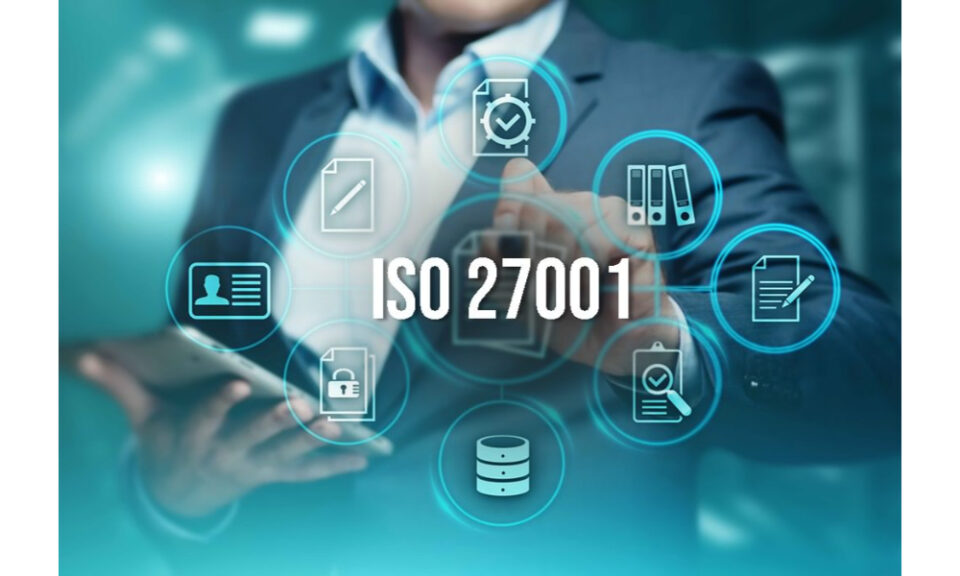In today’s digital world, companies face an increasing number of cyber threats. From hacking attempts to data breaches, businesses must protect their sensitive information to maintain trust and stay competitive. One of the most effective ways to achieve this is by implementing ISO 27001, an international standard for information security management. Understanding how ISO 27001 for companies works can help organizations strengthen their cybersecurity and create a safer digital environment.
Understanding ISO 27001
ISO 27001 is a globally recognized standard that provides a framework for managing information security. It focuses on protecting company data from unauthorized access, misuse, or loss. The standard helps organizations identify risks to their information and implement controls to prevent or reduce these risks. ISO 27001 is not just about technology; it also emphasizes processes, people, and policies, ensuring a comprehensive approach to cybersecurity.
Importance of ISO 27001 for Companies
For companies of all sizes, protecting data is critical. Customers, partners, and employees expect that sensitive information is handled securely. Implementing ISO 27001 for companies shows a commitment to information security. It helps build trust with clients and stakeholders by demonstrating that the organization follows internationally recognized best practices. Additionally, compliance with ISO 27001 can improve a company’s reputation and provide a competitive advantage in the market.
Risk Management and Security Controls
One of the core benefits of ISO 27001 is its focus on risk management. Companies are encouraged to identify potential security risks and evaluate their impact. After assessing these risks, organizations can implement appropriate security controls. These controls may include access restrictions, encryption, secure data storage, and regular monitoring of systems. By addressing risks proactively, ISO 27001 helps prevent security incidents before they occur.
Enhancing Employee Awareness
Cybersecurity is not only about technology; it is also about people. Employees play a crucial role in maintaining information security. ISO 27001 requires companies to train staff on security policies and procedures. This education ensures that employees understand their responsibilities and can recognize potential threats. A well-informed workforce reduces the chances of human error, which is often a leading cause of security breaches.
Continuous Improvement
Cyber threats are constantly evolving, and companies need to adapt to stay protected. ISO 27001 promotes a culture of continuous improvement. Organizations are required to regularly review and update their information security management system (ISMS). This ongoing process ensures that security measures remain effective and aligned with current threats. By continually improving, companies can maintain a high level of cybersecurity and reduce the likelihood of data breaches.
Compliance and Legal Benefits
Many industries have strict regulations regarding data protection. ISO 27001 helps companies meet these legal requirements by providing a structured framework for managing sensitive information. Compliance with ISO 27001 can also simplify audits and reduce the risk of penalties. By following the standard, organizations not only protect their data but also ensure they operate within the law, avoiding costly legal issues.
Building Customer Confidence
Customers are more likely to do business with companies they trust. Implementing ISO 27001 for companies demonstrates a commitment to securing client data. This commitment can enhance customer confidence and loyalty, as clients feel assured that their information is safe. In a competitive business environment, having ISO 27001 certification can be a deciding factor for potential clients when choosing a service provider.
Conclusion
ISO 27001 is a valuable tool for companies seeking to strengthen their cybersecurity. By providing a comprehensive framework for managing information security, the standard helps organizations protect sensitive data, manage risks, educate employees, and continuously improve their security practices. Implementing ISO 27001 for companies not only enhances protection against cyber threats but also builds trust with clients, ensures compliance, and supports business growth. In an era where digital security is crucial, adopting ISO 27001 is a smart and professional approach for any company committed to safeguarding its information.

